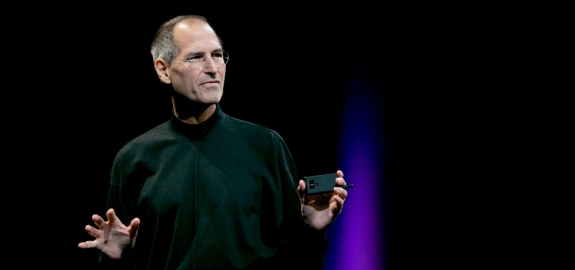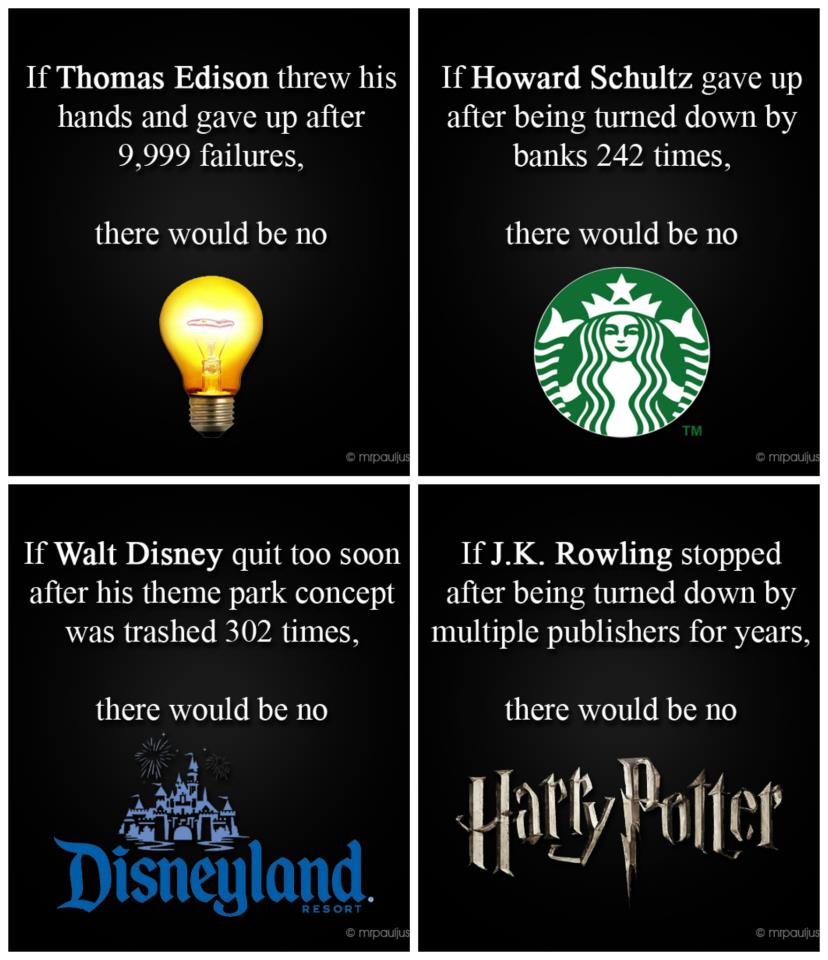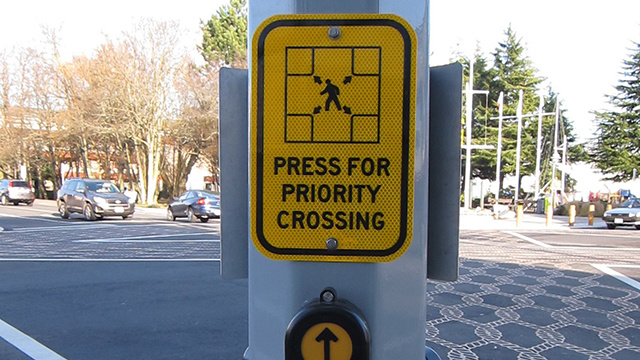Managing Expectations Essential To Good Hiring
More than half of all new employees surveyed feel they aren’t getting what they bargained for from their jobs, new research shows.
A study by the job and career site Glassdoor revealed that more than 60 percent of employees have found aspects of a new job different than the expectations that were set during the hiring process.
Job responsibilities, hours expected to work, boss’s personality, career-advancement opportunities, senior leadership competence and company culture were all aspects of the job that new employees found different than they were led to believe.
Amanda Lachapelle, Glassdoor’s human-resources director, said the study’s results underscore the need to set better expectations during the hiring process.
“Setting clear expectations about what it’s like to work at a particular company and what a specific job will entail is a two-way street,” Lachapelle said. “It is the responsibility of employers to provide information on key aspects of the job, company and it’s culture, and it is the responsibility of job seekers to know what they want in their next career move and seek out the information they need so that they have a realistic idea about what to expect.”
Lachapelle offers hiring managers advice on how to give potential employees a clearer picture of what they can expect from their job and company:
- Ensure every person interviewing a candidate has a clear role: Each person meeting with a job candidate should be given a clear outline on topics to discuss during the interview. By having a clear plan of action ahead of the interview, companies can increase the chances that candidates are getting a more complete look into how the role they are interviewing for fits within the company, while also giving them a better idea of the level of responsibilities required for the open position. In addition, each interviewer should be tasked with talking about the company’s culture so that candidates not only understand what the work will be like, but also how people at the company work together.
- Engage in social technology: More than ever, job seekers are taking on a proactive research role in their job search and careers. They’re turning to social media sites, like Twitter, Glassdoor and other online forums, to learn about compensation packages, company culture and interview experiences. Businesses need to make sure their voice is heard. Those who don’t engage will be left out.
- Engage with candidates before and after the interview: Send an email to candidates before and after the interview to ask if they have any questions about the job or company. Also, don’t be afraid to schedule a follow-up call to add a more human element to the communication and to answer any additional questions the candidate might have.
- Leverage current employees: While it’s expected that not every employee can interview each candidate who comes into the office, the employees who do have the opportunity to do so can help shape the job candidate’s understanding of the company. Encourage employees to share, via social media channels, their opinions of what it’s like to work at the company.
- Be honest: Don’t be afraid to share some of the areas in which the company needs improvement. Candidates will appreciate the honesty; plus, if they accept a job offer, the excitement that comes with the honeymoon period of a new job will quickly give way to the realities and normalcy that come with a day-to-day job.
The study was based on surveys of more than 2,000 U.S. workers.
– This article was originally published on Business News Daily








